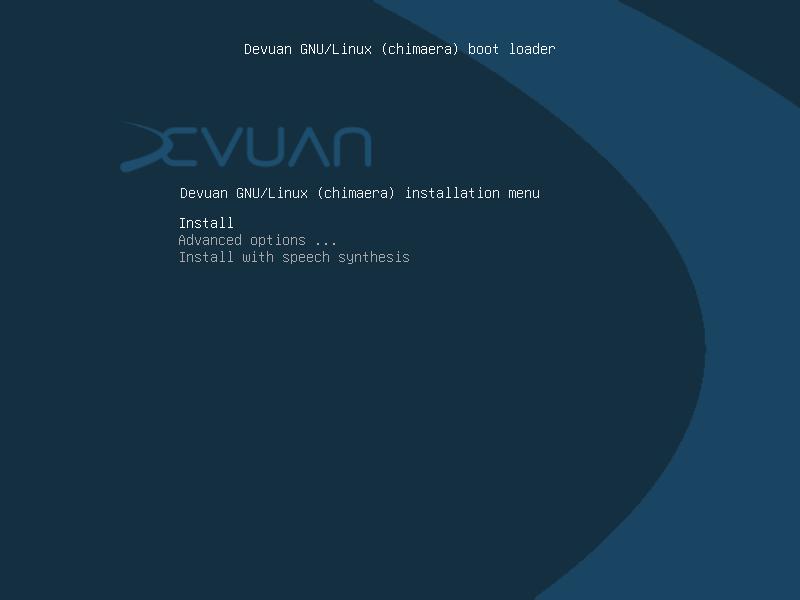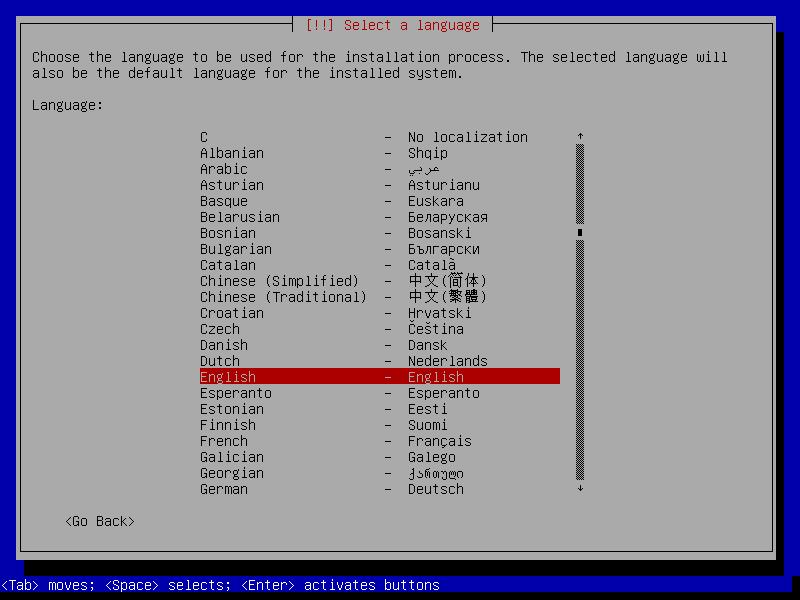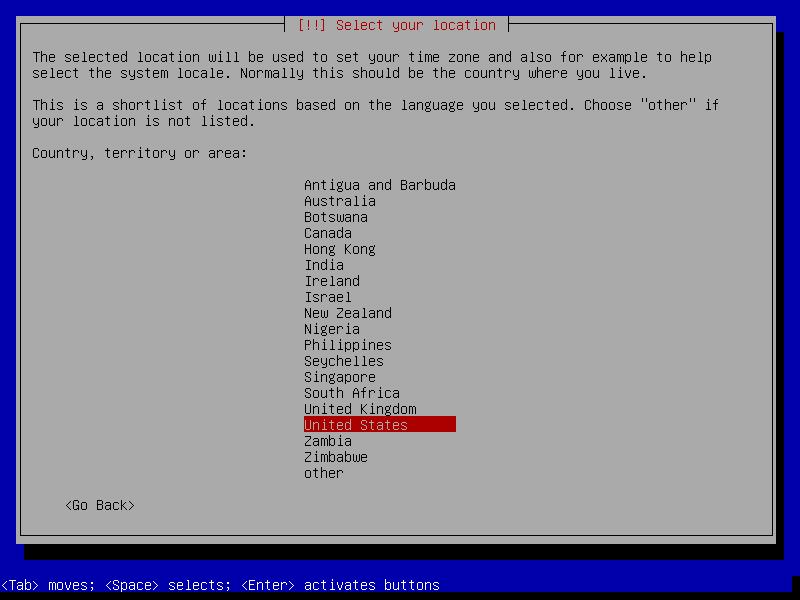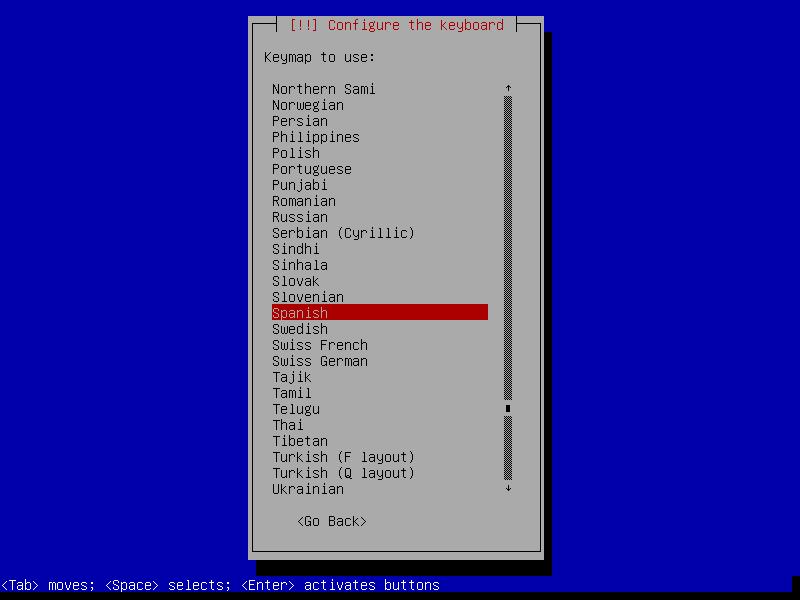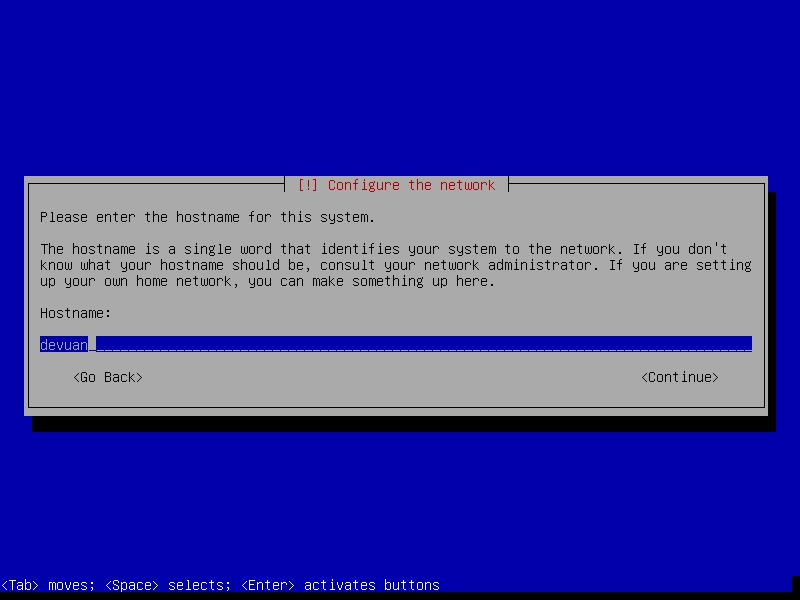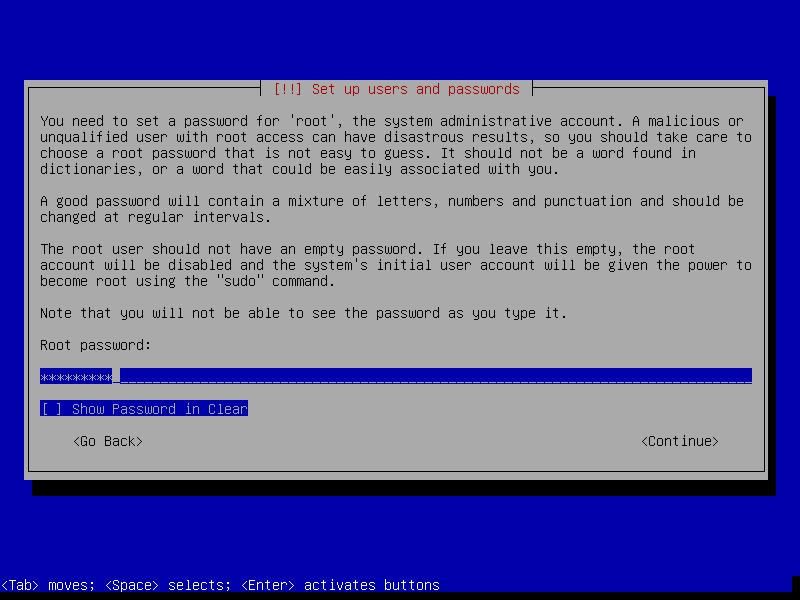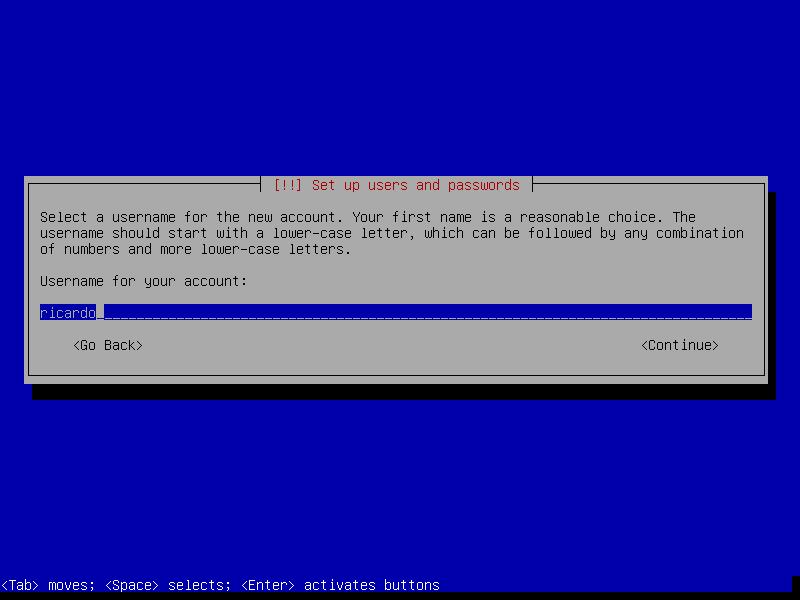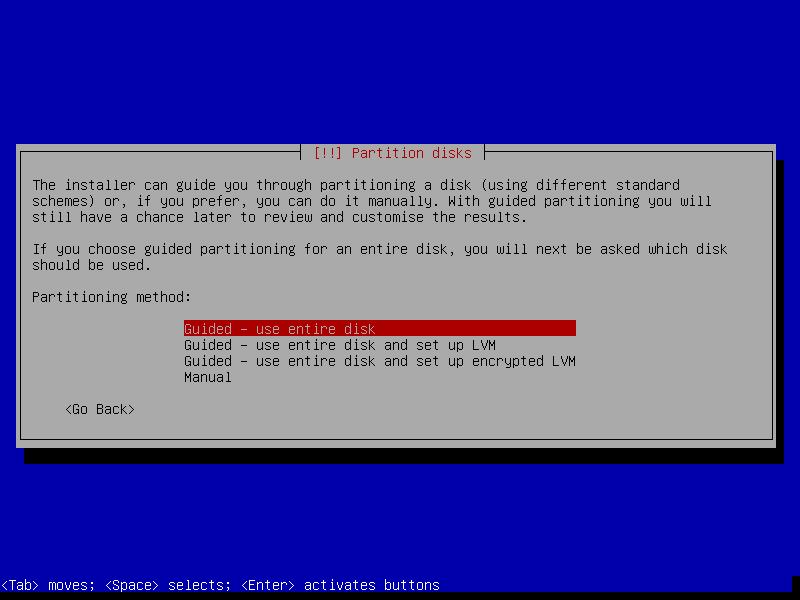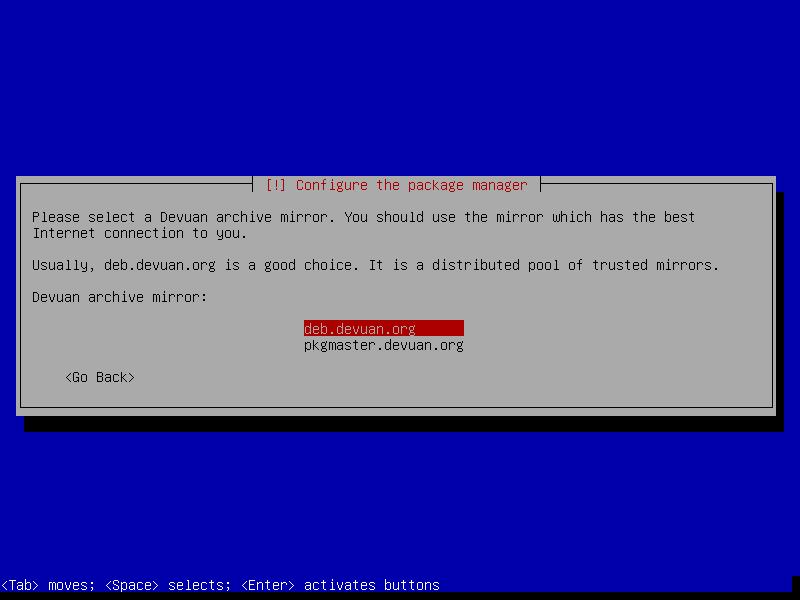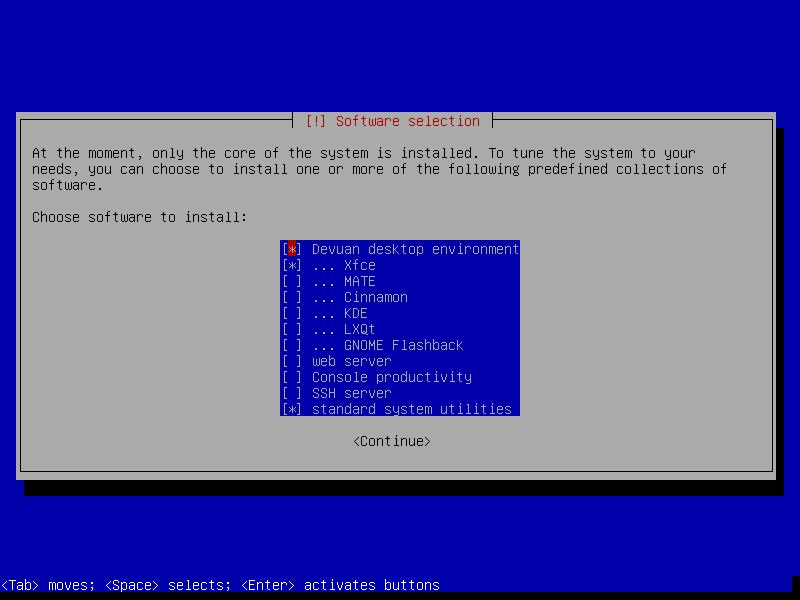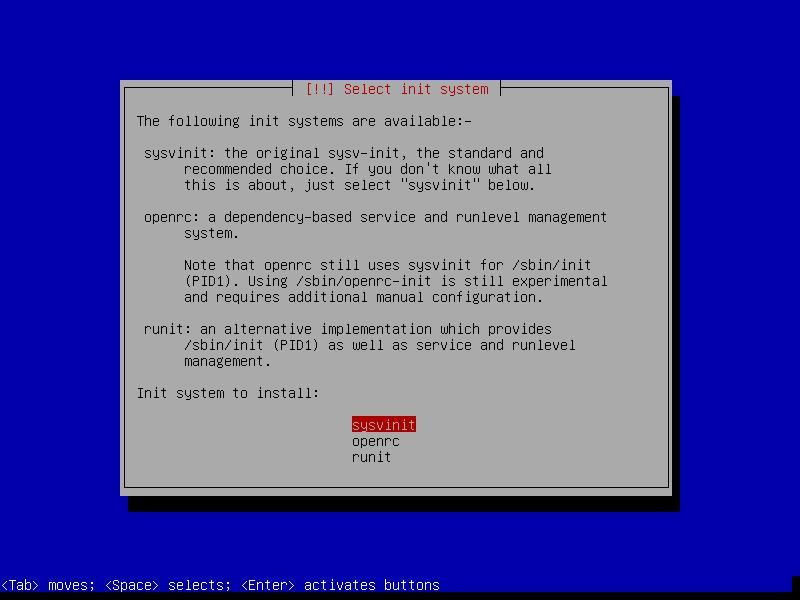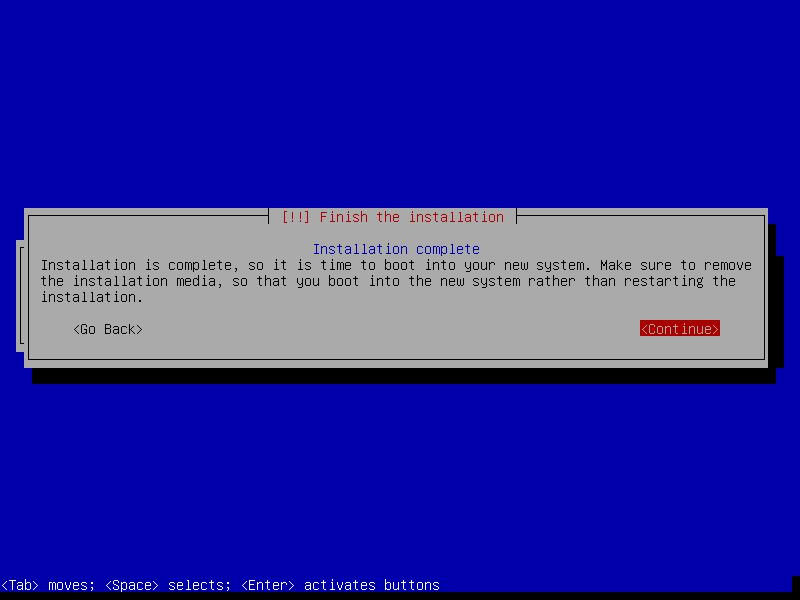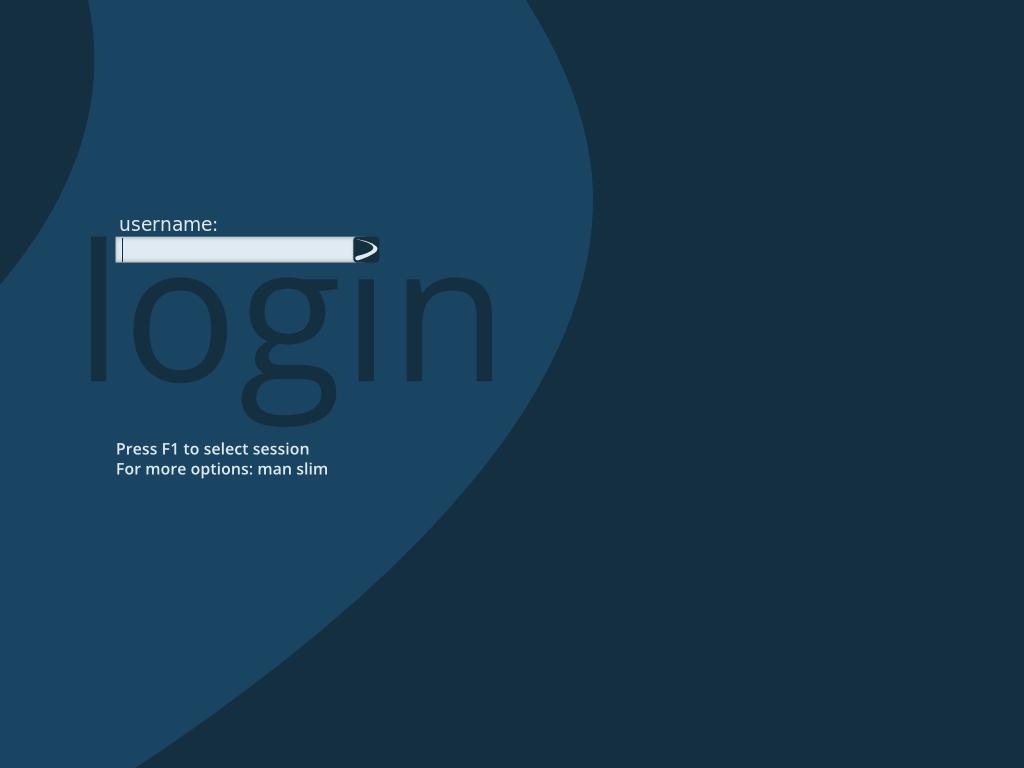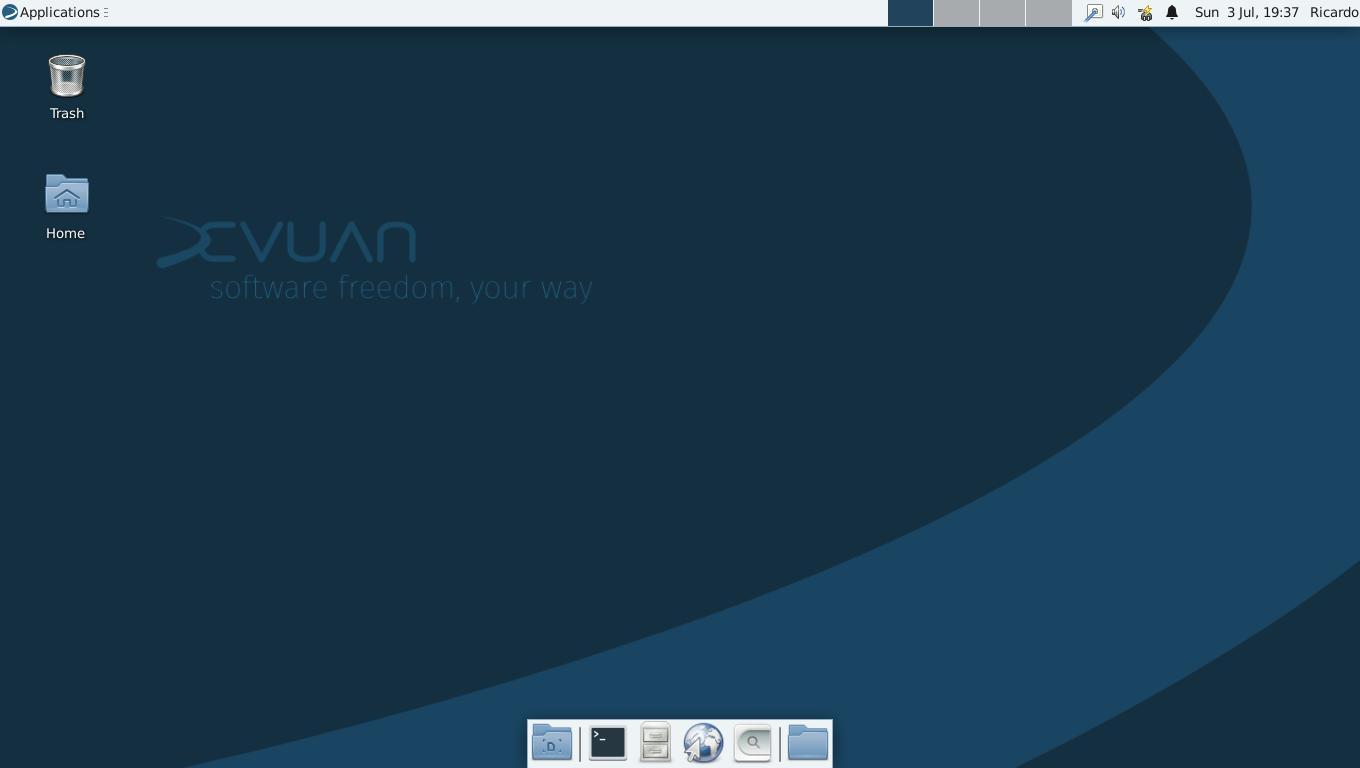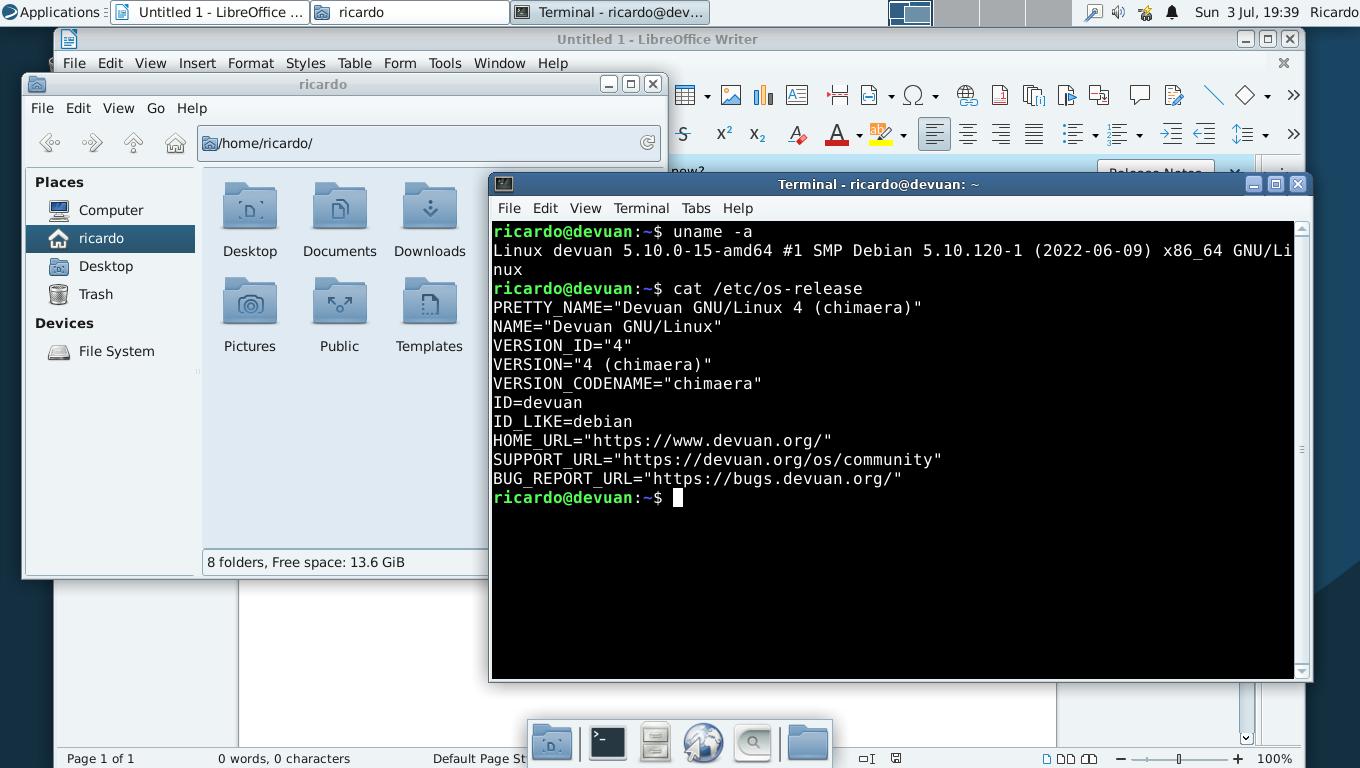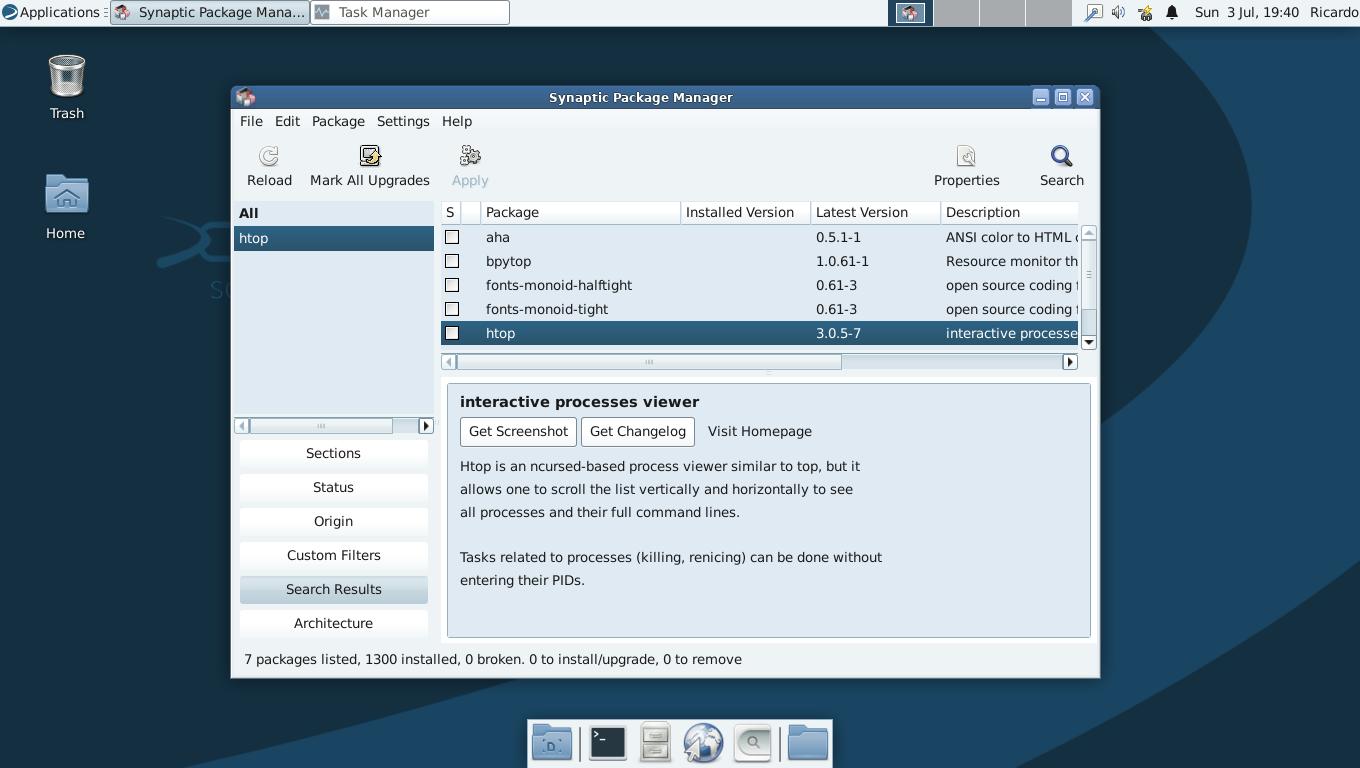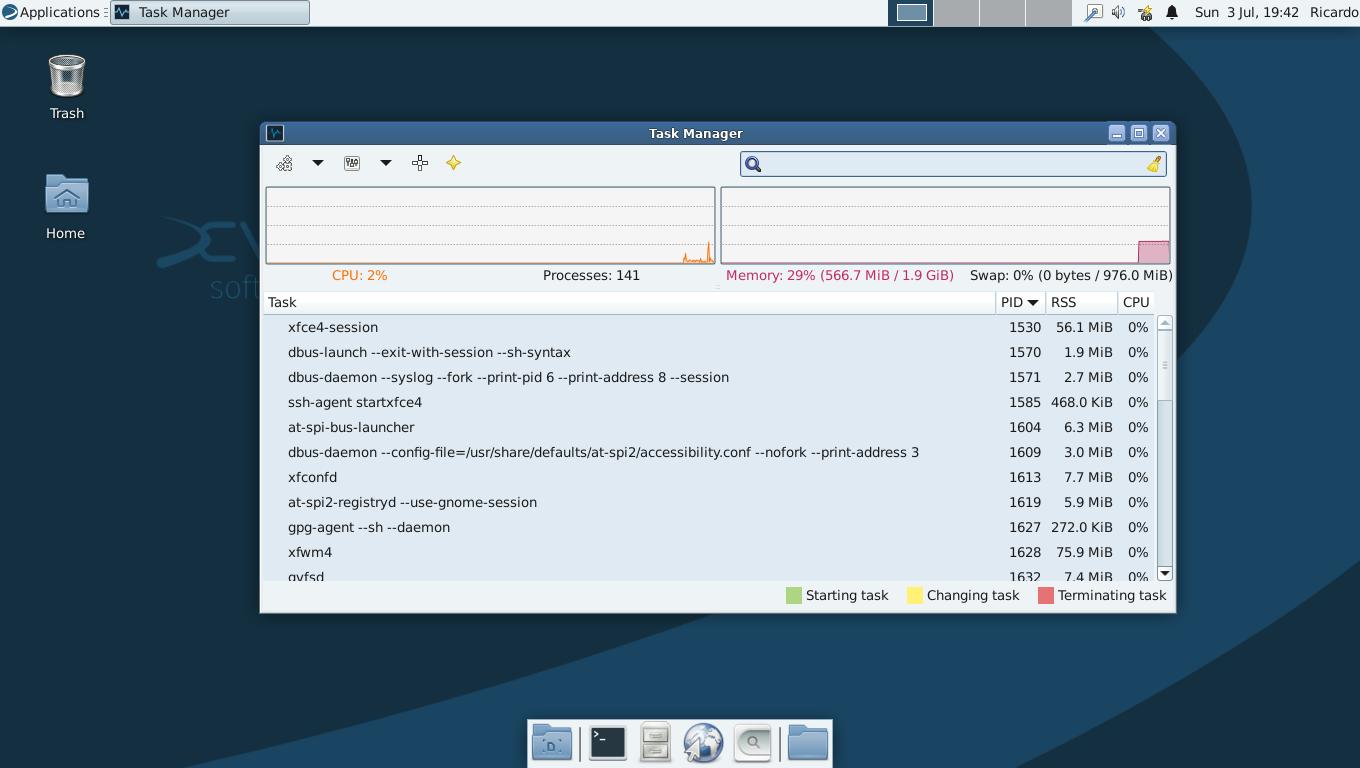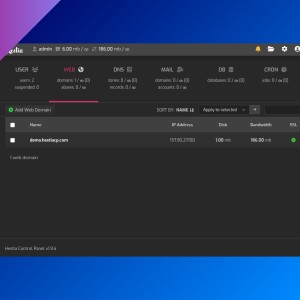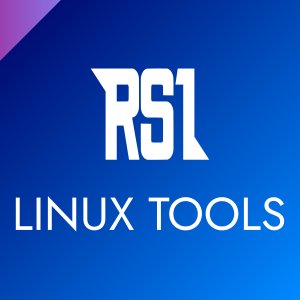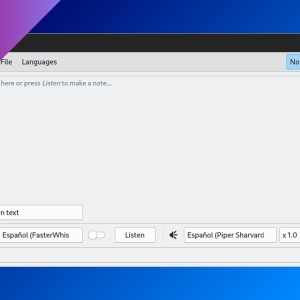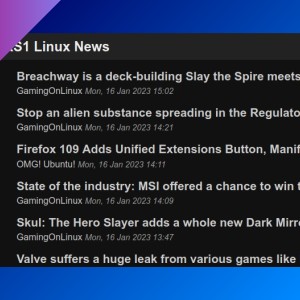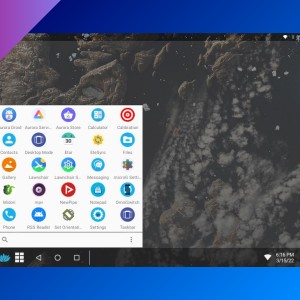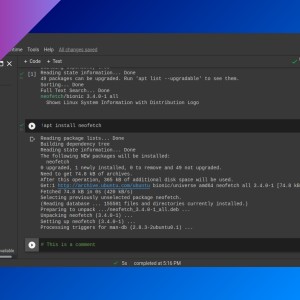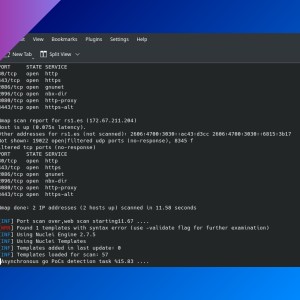Devuan: Debian without systemd
Table of Contents
Devuan is a fork of Debian whose goal ‘is to produce a reliable and minimalist base distribution that stays away from the homogenization and lock-in promoted by systemd’.
Installation
Devuan latest stable release is called Chimaera (at the time of this writing) and you can download it from https://www.devuan.org/get-devuan. There are five installation options:
desktop-live(1.2GB): includes a live system to try Devuan before installing. I find the installation process on this live system a bit confusing.netinstall(350MB): a good choice if you have a wired Internet connection. This is the file I downloaded.server(670MB): you can use it as a part of 4 ‘CD’ files to install a complete system offline, or use only this version, a minimal offline server installation.minimal-live(460MB): A full-featured, console-based recovery tool with a focus on accessibility for visually-impaired and blind users.
Installation process (using ‘netinstall’ version) is easy: select language and timezone, keyboard layout, root password and ordinary user and password (with sudo) and disk partition.
Then, select a mirror (remember that you need Internet connection if use ‘netinstall’) and extra packages to install: desktop environments (KDE, Cinnamon, etc.), web or SSH server software. I leave the defaults to install XFCE.
Finally, one of the most interesting sections of the installer: select an init system. You can choose between sysvinit, openrc and runit. The recommended option is sysvinit.
Design and apps
Devuan XFCE looks simple (as any other XFCE system) but works fast. Login screen is not that great (too much basic) but Devuan is not focused on design. You can always install another desktop environment if you want (also a display manager or a standalone window manager). Preinstalled apps include Thunar (File manager), LibreOffice, Firefox ESR and a graphical package manager (Synaptic). You can also install packages with apt.
Devuan would be just another Debian distro if it weren’t for the fact that it doesn’t use systemd as its init system.
Troubleshooting
Create users, add user to existing group
adduser, usermod, useradd and some other commands are not available because /usr/sbin/ is not part of $PATH. Run echo $PATH to check if this is your case.
$ echo $PATH
/usr/local/bin:/usr/bin:/bin:/usr/local/games:/usr/gamesAdd /usr/sbin to $PATH by editing $HOME/.bashrc and adding this line:
export PATH=$PATH:/usr/sbinThen, to apply this change immediately, execute .bashrc with source:
source $HOME/.bashrcNow, you can use all commands inside /usr/sbin. For example, to add a user to sudo group, run the following command as root, log out and log in again to apply the changes:
usermod -aG sudo <username>If you have any suggestion, feel free to contact me via social media or email.
Latest tutorials and articles:
Featured content:

